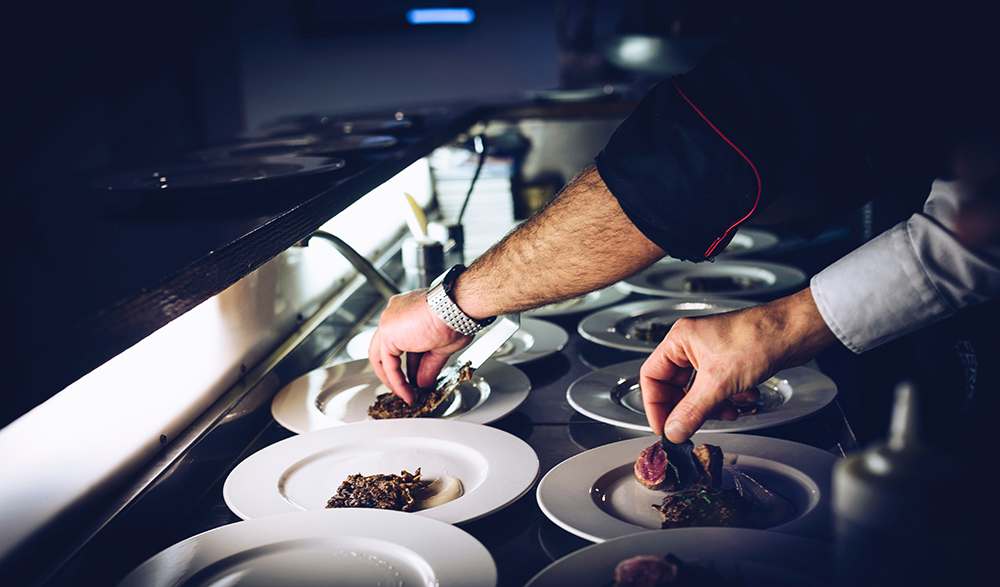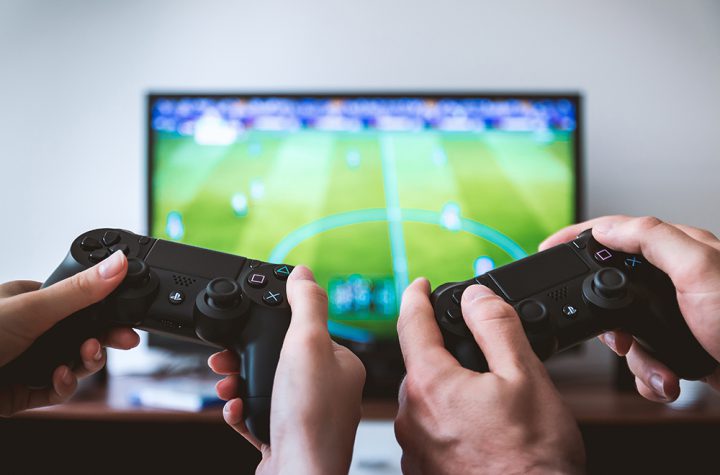
Two years ago, Owen O’Flynn climbed Kilimanjaro and last year he climbed Carrauntoohil.
In his own words, Owen, 23, from Bantry in West Cork, believed he was indestructible: he didn’t think he would get sick. Ever.
When the pandemic struck here in March, and coronavirus cases began to rise, Owen, who is a doctor and training to be a GP, was working at Cork University Hospital.
He now knows he contracted the virus then, although he didn’t realise it at the time.
Apart from losing his sense of taste and smell, Owen had no other symptoms. The loss of taste and smell weren’t recognised symptoms of Covid-19 at that time. The virus passed through Owen and he carried on as usual.
Two months later, however, his world fell apart.
“I never thought – being 23 – that I would be experiencing that feeling of an impending sense of doom…you don’t know what’s coming; you know it’s bad and you don’t know if you will ever bounce back from it.”
On 2 May, Owen was admitted to Cork University Hospital – an unnerving reversal from doctor to patient at the hospital where he was working.
Initially, his admission was purely precautionary, for fluids, monitoring and treatment of stomach pains. What he and his doctors didn’t realise until much later was that he was suffering from post-Covid syndrome.
From that point things went downhill rapidly. Within two days, Owen was transferred to intensive care. He spent a week there, during which he suffered heart and lung failure. His heart was functioning at less than one third of its normal work rate. Owen could have died – and he nearly did.
“I had three very scary days in the week I was in the unit,” Owen told RTÉ News. “I had experienced death in hospital through work. I used to work in a nursing home as a healthcare assistant. I had experience of death.
“I never thought – being 23 – that I would be experiencing that feeling of an impending sense of doom…you don’t know what’s coming. You know it’s bad and you don’t know if you will ever bounce back from it.”
Owen, who is now recovered and back working at University Hospital Kerry, is one of around 150 frontline medical staff taking part in a series of events between now and Saturday to once again raise awareness about coronavirus.
Those taking part want to reinforce the message that the virus is indiscriminate and are also raising funds for those who have suffered most since the pandemic struck.
“Many ICU staff are uncomfortable with being put up on a pedestal during the crisis as we are just doing our jobs, albeit in challenging times.”
All are frontline consultants, doctors, nurses and other healthcare professionals, working in Covid wards and intensive care units.
But don’t call them heroes – it’s a status that doesn’t sit well with them.
“I suppose,” said Intensive Care Consultant, Dr Patrick Seigne, “back in March when Covid started to become a major issue, we started to work very hard in ICU to prepare for what was happening and, very rapidly, we started getting called heroes.
“I was very uncomfortable with that – this is what I was being paid to do, and my colleagues felt the same way.”
From that, a group which included Dr Seigne, got to work on the series of events that will unfold over the coming days.
A two-day ‘ICU 4 U’ cycle begins today, with healthcare staff cycling from Belfast, Cork, Galway, Limerick and Waterford to the Phoenix Park in Dublin. This is an awareness-raising and a fundraising cycle.
The cycle has a fundraising target of €100,000, which will be divided between four charities – Alone, Aware, Breakthrough Cancer Research and ICUsteps Dublin. They were chosen as representatives of those who had suffered most during the pandemic. The public are invited to make donations through www.icu4u.ie.
The awareness-raising element of the cycle relates to the fact that the virus is still in circulation and is just as dangerous.
And, finally, the cycle is a vehicle to help deal with the doctors’ and nurses’ discomfort with that ‘heroes’ tag.
“Many ICU staff are uncomfortable with being put up on a pedestal during the crisis as we are just doing our jobs, albeit in challenging times,” said Dr Seigne. “We are extremely grateful for the gifts we received from the public, but we need to put the focus back where it is most needed – with the patients and charities.
“No one is indestructible…we need to get out of that mindset and be grateful for what we have in the moment, be smart about what we are doing and just follow the advice.”
“The impact of Covid-19 reaches far beyond the ICU, and we are only beginning to see the secondary challenges, in particular with the elderly, those in nursing homes, those experiencing anxiety and mental illness, Covid-19 ICU survivors, and cancer patients who are particularly vulnerable to the virus, and who have had their diagnosis delayed, and urgently need new treatments.”
Following the completion of the charity cycle on Friday, medical professionals have been invited to a virtual conference on Saturday to review the response to the pandemic so far in Ireland and to establish what can be learned, both here and from international experience.
The public is being invited to participate in the final session, via Zoom, from 12.15pm. There will also be an opportunity to ask questions. Pre-booking is necessary, by emailing rwilliams@coa.ie.
Owen O’Flynn will share his experience of coronavirus at the conference. His attitude has changed and he is anxious that others, particularly his own age group , should change theirs too.
“No one is indestructible,” said Owen. “We just need to get out of that mindset and be grateful for what we have in the moment, be smart about what we are doing and just follow the advice.”





More Stories
All the reaction from the Premier League, plus FA Cup first-round goals.
Company co-founder Josh Giegel and Sara Lucian are the first people in history to ride in a Hyperloop.